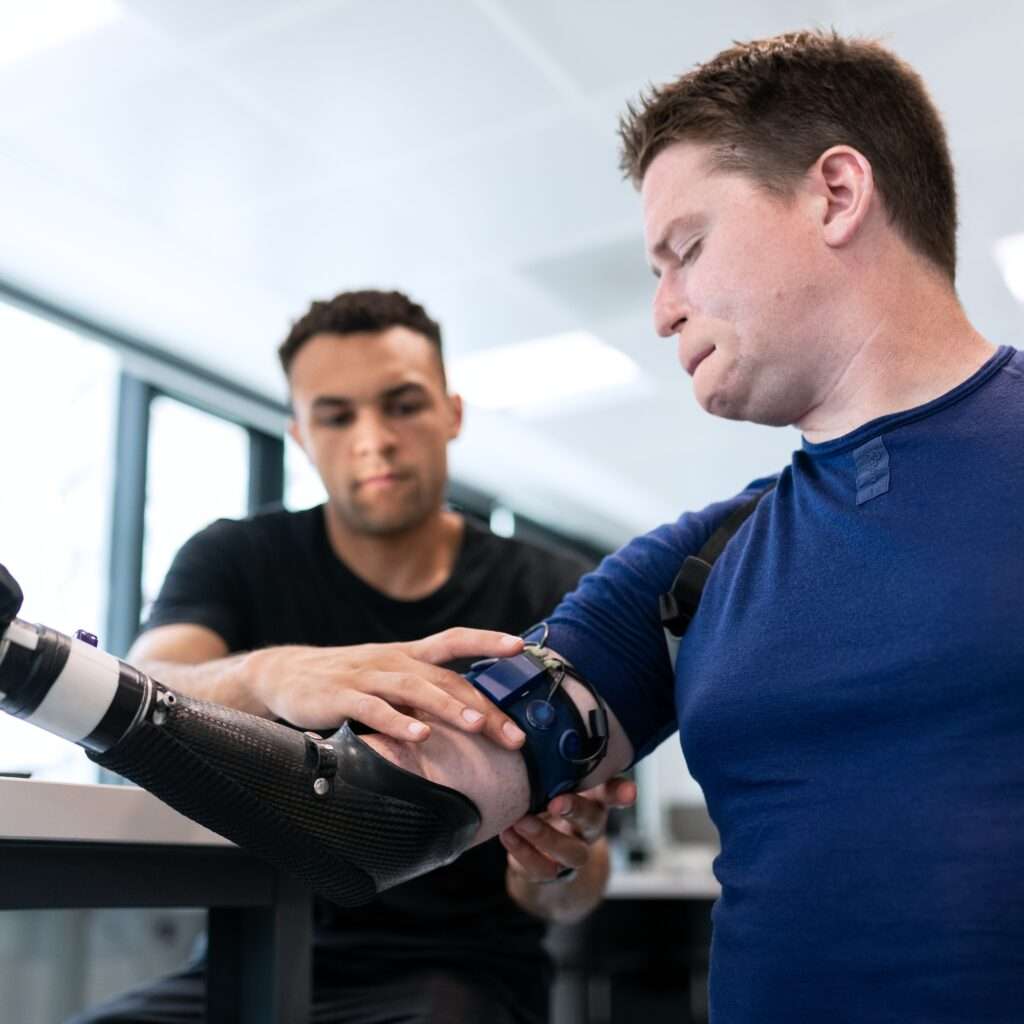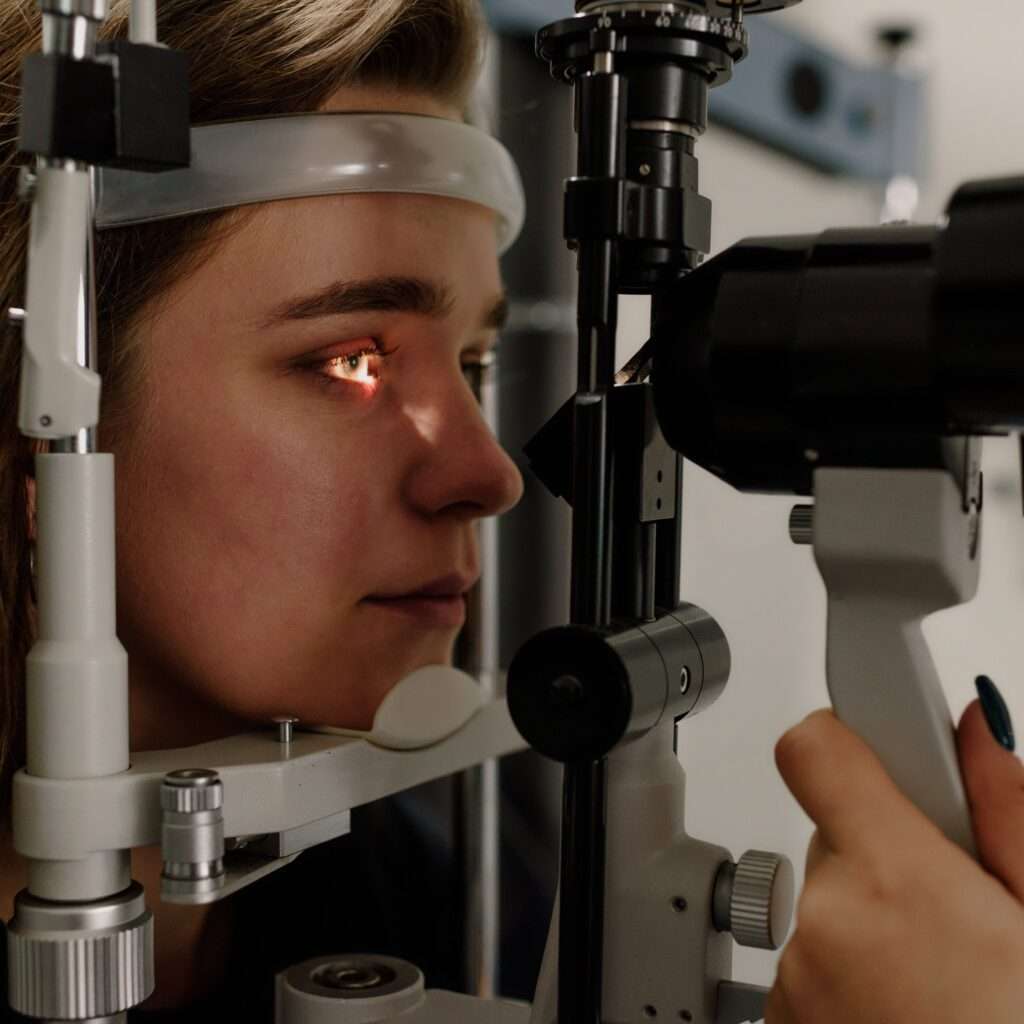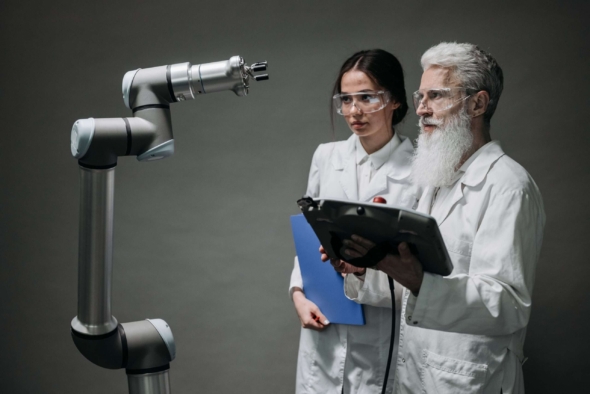Artificial Intelligence (AI) is also getting its hands on transforming the healthcare department. From diagnosing diseases to developing new treatments, AI is having a major impact on how healthcare is delivered.
In this blog post, we will discuss some of the ways that AI is being used to improve health. We will also explore some of the challenges that need to be addressed before AI can reach its full potential in healthcare.
How AI is improving health
AI can now be used in a variety of ways to improve healthcare. Here are a few examples:
Diagnosis:
AI can be used to diagnose diseases more accurately and efficiently than humans. For example, AI-powered systems are already being used to detect cancer in medical images with a high degree of accuracy.
Treatment:
AI can be used to develop all the new treatments for diseases after the successful diagnosis. For example, AI is being used to design new drugs and to redesign them to treat the individual person according to their need for treatment.
Prevention:
AI can be used to prevent diseases by identifying and addressing risk factors. For example, AI-powered systems are being used to monitor patients for signs of disease progression and to provide personalised health advice.
Surgery:
AI is being used to improve surgical outcomes. For example, AI-powered systems are being used to guide surgeons during surgery and to provide real-time feedback.

Healthcare administration:
AI is being used to improve healthcare administration by automating tasks and reducing costs. For example, AI-powered systems are being used to process insurance claims, schedule appointments, and manage patient records.
Challenges facing AI in healthcare
Despite the many benefits of AI, there are still some challenges that need to be addressed before AI can reach its full potential in healthcare. These challenges include:
Data privacy and security:
AI systems rely on large amounts of data to train and operate. But this can backfire and these data can be used in a negative way if put in the wrong hands.
Bias:
AI systems are still very new and can give some major inaccuracy in alot of things but it can be resolved over time.
Expensive:
AI systems are very new and thus very expensive to use and put on a larger scale. It is important to find ways to make AI more affordable so that it can be used by more people.

Here are some additional details about how AI is being used to improve health:
New medical devices:
AI is being used to develop new medical devices that can diagnose diseases, monitor patients, and deliver treatments. For example, AI-powered pacemakers can adjust the pacing rate to meet the patient’s needs, and AI-powered prosthetic limbs can be controlled by thought.
Improved patient care:
AI is being used to improve patient care in a variety of ways. For example, AI-powered systems can be used to provide personalized recommendations for treatment, to monitor patients for signs of deterioration, and to provide real-time feedback to healthcare providers.
Reduced healthcare costs:
AI is being used to reduce healthcare costs in a variety of ways. For example, AI-powered systems can be used to automate tasks such as scheduling appointments and managing patient records. This can free up healthcare providers to focus on providing care, and it can help to reduce administrative costs.
In addition to the benefits mentioned above, AI is also being used to improve health in other ways. For example, AI is being used to develop new vaccines, to improve the accuracy of drug trials, and to create personalized health plans.
As AI continues to develop, it is likely that we will see even more ways that AI can be used to improve health. AI has the potential to revolutionize healthcare, and it is an exciting time to be working in this field.
Conclusion
AI has the potential to revolutionize healthcare. By addressing the challenges that are currently facing AI, we can make AI a powerful tool for improving health and well-being.
In addition to the challenges mentioned above, there are also some ethical concerns that need to be considered when using AI in healthcare. For example, some people worry that AI could be used to discriminate against certain groups of people, or that it could be used to create autonomous weapons that could kill without human intervention.
It is important to have a public conversation about the ethical implications of AI in healthcare so that we can develop guidelines and regulations that will ensure that AI is used for good and not for harm.
Despite the challenges and ethical concerns, the potential benefits of AI in healthcare are vast. AI has the potential to make healthcare more affordable, accessible, and effective. It can help us to diagnose diseases earlier, develop new treatments, and prevent diseases from occurring in the first place.
As AI continues to develop, we will need to work together to ensure that it is used for the benefit of all.
Read More Amazing Blogs like these –> LINK
If you wanna read informative blogs –> LINK
If you wanna read health blogs –> LINK




Add a Comment